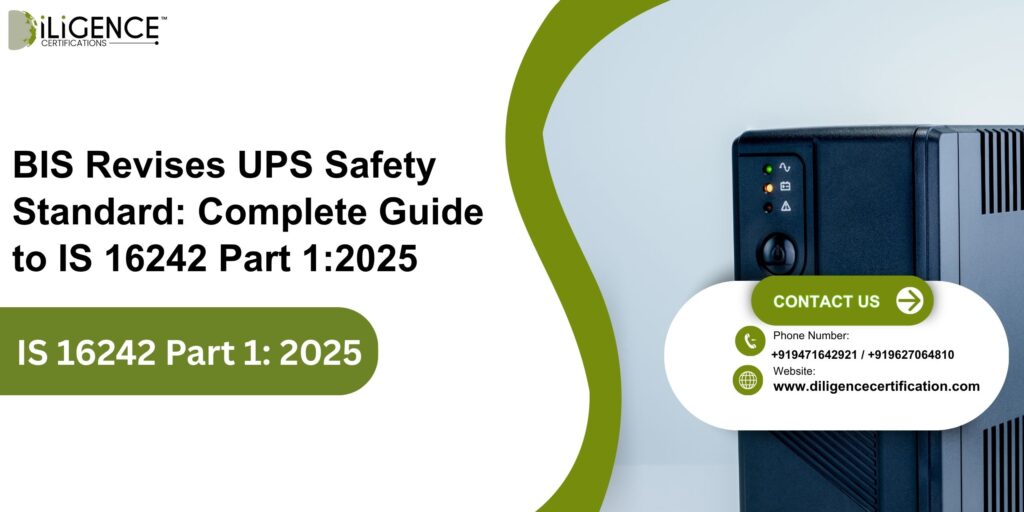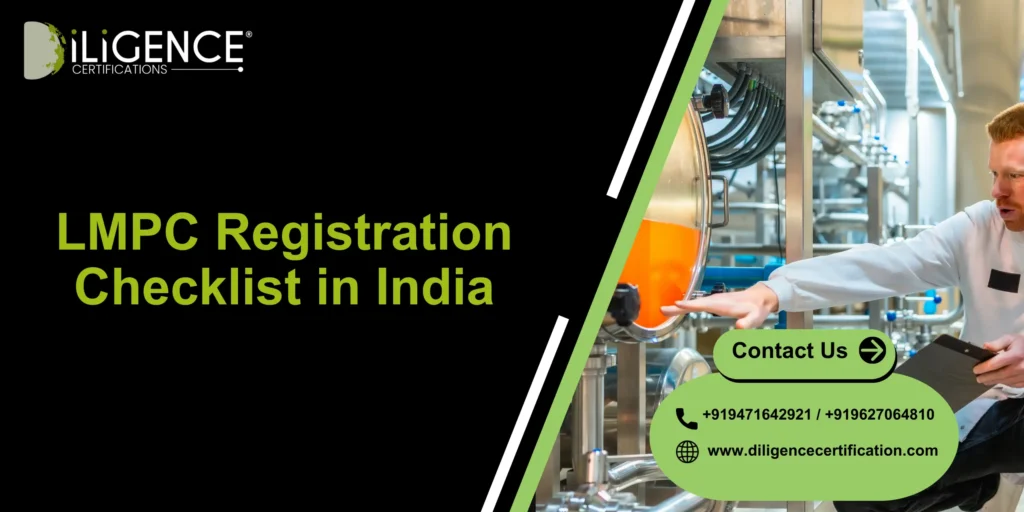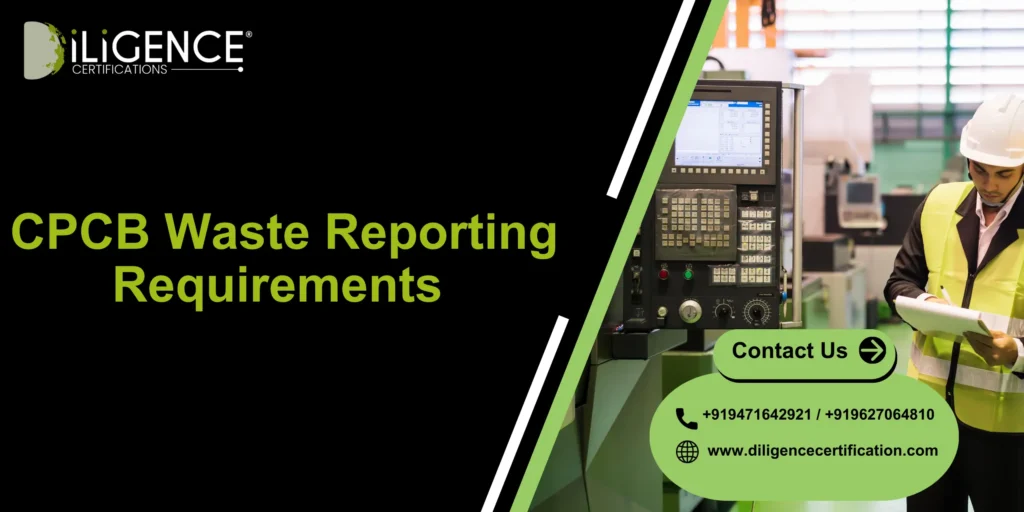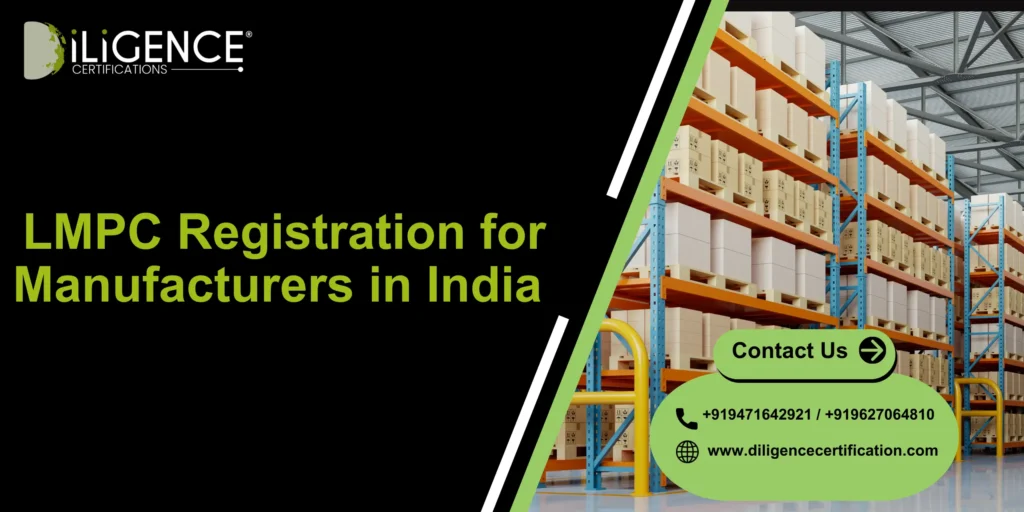- In a significant change for electrical safety compliance, the Bureau of Indian Standards (BIS) has published the updated version of the BIS revises safety standard for UPS 2025 called IS 16242 Part 1:2025.
- This revision updates Indian safety standards to match the international IEC 62040-1 2017 standard India, which marks a momentous change for UPS BIS certification India and set new standards for UPS safety compliance India.
- The BIS revised standard for UPS, published on 21 August 2025, provides conformity within the Indian market to best practice internationally while expanding protections over consumers and businesses who depend upon uninterruptible power systems.
How the BIS UPS Standard Transition Works
The implementation of IS 16242 Part 1:2025 involves a clear transition period that requires immediate focus and action from the entire industry. The previous standard, IS 16242 (Part 1):2014, based on IEC 62040-1:2008, will remain effective alongside the new BIS UPS standard until 19 November 2025. After this cut-off date, the 2014 edition will be withdrawn completely, and the only option for compliance will be through BIS certification under the UPS 2025 standard for all UPS systems sold in the Indian market.
This three-month transition period seems reasonable, especially when considering the amount of work that has to be done revising IEC 62040 safety compliance certificate requirements, laboratory booking availability, and current technical documentation submissions by the manufacturers and importers in order to comply. It is in this transitional period that manufacturers and importers must take the necessary actions with urgency in order to be in compliance by year-end.
Why BIS revises safety standard for UPS Matters

Uninterruptible Power Systems are important for protecting sensitive electronic systems, data centers, hospitals, industrial applications, and many other places where the continuity of power is vital. As UPS technologies have matured since 2014, with enhanced power density, more advanced battery management systems, and connection to renewable energy sources, it has become important to establish updated IS 16242 2025 BIS certification standards.
The collaboration with IEC 62040-1 2017 standard India allows OEMs who are looking for a UPS BIS certification India to be more competitive in the global marketplace while ensuring the safety of Indian consumers. Additionally, the collaboration with IEC is an aspect of technology transfer, reducing compliance costs for multinational manufacturers, and allowing Indian consumers to access the latest innovations in safety standards.
Key Technical Updates in the 2025 Edition
The BIS updated standard for UPS includes many technical improvements that highlight the evolution of UPS technology and newly emerging safety considerations. It is key to understand these updates for a successful implementation of IS 16242 Part 1: 2025.
Definitions and Scope Added
The 2025 edition now references IEC 62477-1:2012 as a foundational document and also adds clarity to definitions, included a definition for a “movable UPS.” This distinction is relevant for BIS Certification for UPS systems, as movable and fixed UPS systems present different safety considerations, particularly in terms of stability, access to live parts and, installation requirements that accompany the configuration of the UPS system.
Flammability and Fire Safety
Modified flammability requirements are among the most substantial improvements on safety in the new UPS safety standard 2025 by the BIS. These changes address the increase in energy density present in modern UPS systems, especially UPS systems that utilize lithium-ion battery technology. The revised requirements provide assurance that materials used in constructing the UPS will meet fire safety considerations in a modern context, minimizing the risks associated with the battery thermal runaway and the subsequent component failures.
Electrical Safety Enhancements
This IEC 62040-standards safety compliance certification update has added or modified many significant electrical safety criteria:
Working Voltages for Creepage Distance: Now with working voltage specifications for creepage distance calculations, we assist in demonstrating suitable electrical isolation from adjacent voltage domains within UPS systems. This will be applicable to high power UPS systems which are elevated voltages seeking BIS certification IS 16242 2025.
Touch Current Requirements: The new requirements for touch current were introduced to minimize the risk of electric shock caused when users engage with UPS enclosures. The touch current requirements will be directly tied to the increased feature set around touch screens and more available access to control panel, will keep the user safe during normal operation of the UPS and during maintenance under the BIS UPS standard.
Temperature Rise Limits: The new temperature rise limits, as updated, were being used because of the compact designs of modern UPS systems where thermal heat is being managed. These limits will help confirm safety within the external surface area, internally within the components, and within the battery compartments during normal operation and overload conditions.
Input Current Specifications: The new input current specifications should help anyways for the safe operation of UPS systems with your building electrical systems without creating a situation of hazard fire or damages to the upstream device.
Mechanical Safety Improvements
The standard IS 16242 Part 1 2025 is now enhanced with further requirements related to the following:
This verifies that UPS enclosures and mounting methods can resist mechanical forces that arise during the installation, maintenance, and operation of the UPS system while maintaining the safety barriers.
Revised verbiage further strengthen the requirements for user interfaces including handles, switches, and emergency “off” buttons to ensure they are sturdy, properly labeled, and will not accidentally create a hazardous condition.
Capacitor Discharge Safety
New capacitor discharge requirements apply specifically to pluggable Type B UPS systems and permanently connected UPS systems. The intent of the requirements is to ensure that the stored energy in the capacitors will discharge to a safe level after disconnecting within an appropriate period of time after unplugging, in an effort to ensure the protection of service personnel and users from an electric shock hazard, and relates to an essential aspect of UPS safety compliance India.
New Test Protocols
The new 2025 edition introduces a few different test clauses intended to simulate real-world operating environments and failure modes prior to BIS Certification for UPS systems:
Short-Time Withstand Current Testing: This test makes sure that UPS systems perform correctly and safely under short-circuit currents and does not suffer catastrophic failures that may damage equipment or installations nearby.
Unsynchronized Load Transfer: This test ensures that the UPS system is protecting end-users by transferring loads between power sources that are not completely synchronized; something that commonly happens in more complex power distribution systems.
Loss of Coolant Tests: This test applies to the liquid-cooled UPS systems by ensuring safe operation for those UPS systems and with coolers fitted with automatic shutdown procedures to protect end-users from potential hazards caused by failure to cool; while preventing thermal damage and fire hazards to the UPS and surrounding facility if it were to fail to cool properly.
Environmental Stress Tests: The newly developed dry heat, damp heat, and hydrostatic pressure tests ensure that UPS systems will operate safely under variable environmental conditions. For example, desert heat, coastal humidity, and variable atmospheric pressure (altitude).
Implementation Guidelines for Existing Licensees
All existing BIS certification license holders will be subject to mandatory migration obligations with important consequences that will be place on the organization for continuing to be able to maintain market access in respect of the IS 16242 Part 1:2025.
Mandatory Compliance Timeline
All existing license holders must transition to IS 16242 Part 1:2025 / IEC 62040-1:2017 by the hard deadline of 19 November 2025. Existing license arrangements that do not show compliance with this transition by 19 November 2025, shall cease to be in force effectively halting the legal sales of Non- Conforming UPS system(s) within India. This requirement is not negotiable and clearly reflects the importance that BIS attributes to transitioning to the new BIS UPS standard.
Testing and Documentation Obligations
For existing license holders, licensees must submit to BIS full test reports from a BIS approved laboratory for all lead models that were previously tested against the 2014 edition. Accordingly, holding a valid BIS Certification based on the old standard, is no longer sufficient to ensure compliance with BIS requirements for the UPS Certification India market for UPS systems, Without active re-testing and documentation submissions, compliance will no longer be maintained under the UPS BIS certification India requirements for compliance.
With respect to series models that were previously covered under existing license arrangements, manufacturers will need to submit a formal undertaking to BIS that all other models in the series comply with the IS 16242 2025 requirements. This undertaking will be legally binding and may need to be supported by technical evidence demonstrating how the respective series variants comply with the new IEC 62040 route to Safety Compliance Certification.
Guidelines for New Applicants
New entrants to the UPS market in India face somewhat different rules for BIS Certification for UPS systems depending on the timing of their application.
Applications Already on Process
Applications in which samples are already undergoing technical evaluation at BIS recognized laboratories, or in which reports have been issued, may move forward under the old standard. This provides relief for applicants who have already invested time and money in a UPS Safety Compliance India certification process.
New Applications from Now
New applications submitted after the guideline issue date may proceed under either the old or revised standard, with the additional stipulation that old-standard processing is only permitted until 19 November 2025. Applicants choosing to proceed under the old standard will need to issue a declaration that they will implement the BIS revised standard for UPS by the deadline.
This two path approach offers some flexibility, but strongly recommends direct adoption of the IS 16242 Part 1 2025 standard to eliminate double testing and added documentation.
What Happens After 19 November 2025
After 19 November 2025, no new licenses will be granted under the 2014 edition under any circumstances. This absolute cut-off ensures a clean transition to the revised BIS UPS safety standard 2025 across the entire industry.
Scope Changes and License Amendments
For licensees requesting scope changes—such as adding new models, power ratings, or technical variations to existing BIS certification licenses—the rules mirror those for new applicants. Processing under the old standard is only permitted until either the licensee switches to the BIS revised standard for UPS or the implementation deadline arrives, whichever comes first.
Strategic Action Plan for Manufacturers and Importers
The tight timeline and comprehensive nature of the IS 16242 Part 1:2025 implementation demand a structured approach to compliance.
Immediate Actions
Laboratory Booking: It is highly likely that laboratories recognized by BIS are currently booked to capacity as the deadline approaches for IEC 62040 safety compliance certification. It is very important you assure your testing slots are booked promptly otherwise delays could pose a threat to the validity of the license.
Gap Assessment: Make a detailed comparison between existing products and the new BIS UPS standard requirements. Evaluate the new test requirements in particular such as touch current, loss of coolant, and environmental stress tests, as these may necessitate changes in design.
Design Review: Assess whether current products meet the new improved IS 16242 2025 BIS certification requirements and the impact of any design changes. Areas of concentration include, flammability of materials, creepage distances at working voltage, thermal management and discharge times of capacitors.
Documentation and Compliance
Technical Files: Revise all technical documentation, such as design specifications, bill of materials, and manufacturing procedures, to comply with the IS 16242 Part 1 2025 edition.
Testing Coordination: Work closely with BIS recognized laboratories to understand specific test protocols, sample preparation requirements and reports for the new UPS BIS certification India standard.
Series Model Undertakings: Preparing formal undertakings for series models with supporting technical rationale demonstrating that design similarities ensure UPS safety compliance India by series model.
User Information: Product labels, users’ manuals, installation guides, and marketing information must also be updated to comply with IS 16242 Part 1:2025.
Timeline Management
Given the complexity of the transition to the BIS revised standard for UPS, manufacturers and importers should target completion well before the 19 November 2025 deadline. A recommended approach would be to aim for completion by mid-October 2025, providing a buffer for unexpected delays, test failures requiring remediation, or documentation issues.
Broader Implications for the Industry
The revision of the BIS UPS Standard is not just a technical update; it indicates the BIS’s desire to keep contemporary safety standards and global harmonization. For the Indian UPS industry looking to comply with IEC 62040-1 2017 standard India, there will be multiple opportunities and challenges.
Global Competitiveness: Manufacturers that comply with IEC 62040-1:2017 will more readily enter international markets, as they are already following globally accepted standard for IEC 62040 safety compliance certification.
Consumer Safety: The enhanced safety requirements specified in the BIS UPS safety standard 2025 and its revised definition of safety standards (particularly for flammability, change safety for touch current, and resistance to environmental stressors) will better protect end-users in the diverse operating conditions of India.
Technology Advancement: The need to comply with updated IS 16242 2025 will force innovation and advancement in UPS design. While adhering to the revised standard, UPS systems may improve in areas of efficiency, reliability, and most importantly safety.
Market Consolidation: Smaller manufacturers that want to be compliant with the BIS certification for UPS systems who do not have the resources or access to implement the standard of maintenance may not be able to remain viable or productive in the marketplace. This may lead to market consolidation.
Conclusion
The BIS update to IS 16242 (Part 1):2025 represents a significant evolution in India’s perspective on safety and compliance in the UPS space. This is not merely an operational update, but a substantial opportunity for manufacturers to better reliability in their products, enhance market confidence, and meet international safety standards.
That said, the transition in standards is precise and time-sensitive. Manufacturers and importers require the appropriate technical and regulatory support to help them with testing, documentation and coordination with BIS accredited laboratories in a timely manner.
Diligence Certification has been helping manufacturers of electrical and power equipment throughout India with complete BIS certification support including facilitation of testing, preparation of documentation, and lodging for licensing.
If your company is getting ready to comply with IS 16242 (Part 1):2025, now is the time to start preparing. Get in contact with Diligence Certifications today to set up a compliance readiness consultation and ensure your certification in under the deadline of 19 November 2025.
Frequently Asked Questions
What is the BIS IS 16242 Part 1:2025 and what is the reasoning for the revision?
IS 16242 Part 1:2025 is the BIS UPS (Uninterruptible Power Supply) safety standard that was updated to align with IEC 62040-1:2017, enabling electrically and fire safe UPS systems.
What is the difference between IS16242 Part 1:2014 and the 2025 UPS standard?
The revised edition included more detailed, and more stringent, testing for flammability, electrical, mechanical, and environmental conditions, which will represent some of the modern UPS technology.
When is the BIS UPS standard going to become legally enforceable?
All manufacturers and importers of UPS systems must comply with the standard by November 19, 2025, in order to sell these systems legally in India.
Which types of UPS systems would be included in the IS 16242 Part 1:2025 standard?
The standard includes all fixed and movable Power Supply systems, including the plug and use, Type B UPS system, and permanently connected systems.
What are the key safety and electrical requirements contained in the standard?
The requirements included are limits for flammability, limits for touch current, limits for temperature rise, creepage distance, and capacitor discharge safety.
How can manufacturers verify that their UPS products are acceptable in accordance with the BIS 2025 standard?
Through performing gap assessments, design reviews, BIS-compliant lab testing and various updates to the documentation.
What testing and documentation are required for BIS certification?
The lead model must be retested within BIS qualified labs and a formal undertaking with supporting evidence is required for all models in the series.
Can an existing BIS license holder continue to sell their UPS products under the old standard?
Yes, until 19 November 2025. After that, all license holders must comply with IS 16242 Part 1:2025.
What happens if the compliance deadline of 19 November 2025 is missed?
Non-compliant UPS systems are not legally permitted to be sold and all licenses will terminate.
How can Diligence Certification assist with compliance to BIS UPS standards?
They provide end-to-end support including testing coordination and documentation, and license management for the most timely compliance outcome.







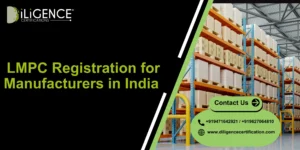
 BIS Certification
BIS Certification
 CDSCO
CDSCO
 CPCB
CPCB
 LMPC
LMPC
 WPC Approval
WPC Approval
 Global Approvals
Global Approvals
 TEC
TEC
 ARAI
ARAI
 BEE
BEE
 ISO Certification
ISO Certification
 Drone Registration
Drone Registration
 NOC For Steel
NOC For Steel



















 Business Registration
Business Registration















 Legal Services
Legal Services
 Trademark Registration
Trademark Registration
 Copyright Registration
Copyright Registration
 Patent Registration
Patent Registration
